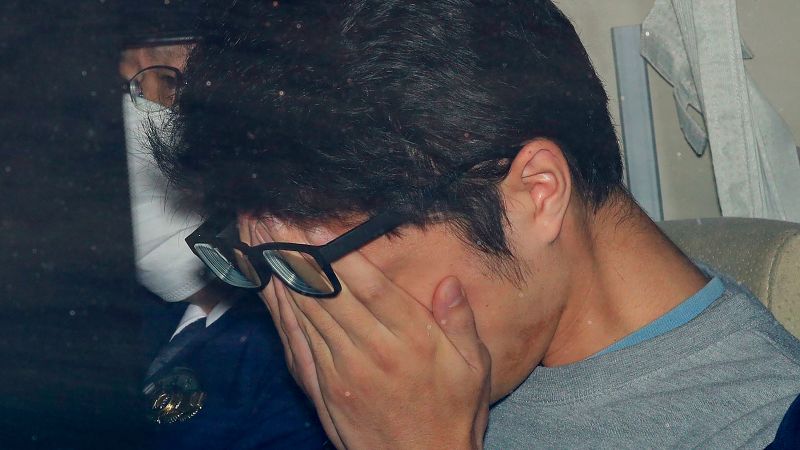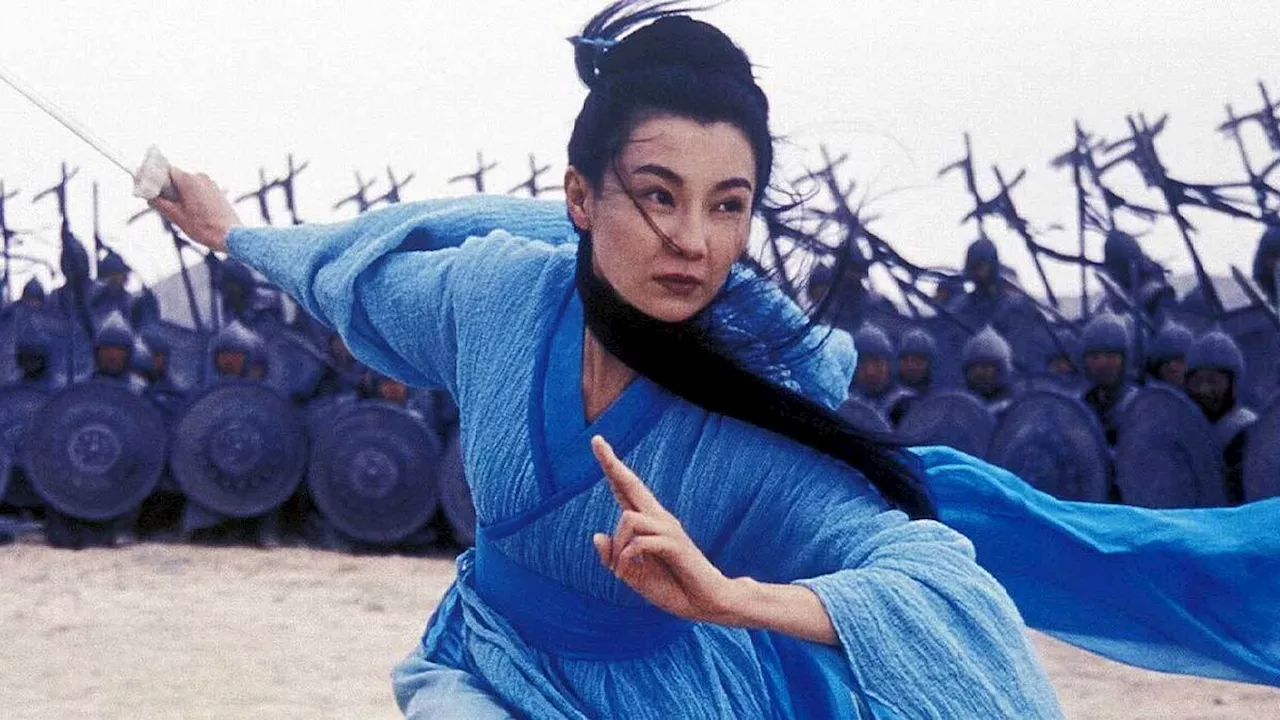Japan Executes ‘Twitter Killer’ in Landmark Case

Tokyo, Japan – In a significant legal development, Japan has executed Takahiro Shiraishi, known as the “Twitter killer,” marking the country’s first use of capital punishment in nearly three years. Shiraishi, 34, was convicted of murdering and dismembering nine people, mostly women, and was hanged on Friday at the Tokyo Detention House.
Immediate Impact
Shiraishi’s execution has reignited debates on capital punishment in Japan, a nation where the death penalty is carried out by hanging and remains a contentious issue. The case has captured the public’s attention due to its gruesome nature and the role of social media in the crimes.
Key Details Emerge
Shiraishi was sentenced to death in 2020 after pleading guilty to the murders of eight women and one man. The victims, aged between 15 and 26, had reportedly expressed suicidal thoughts on social media platforms, including Twitter, now known as X.
Three cooler boxes and five containers were found in Shiraishi’s room, containing human heads and bones with the flesh scraped off, according to police sources.
Shiraishi was arrested in October 2017 after police investigated the disappearance of a 23-year-old woman from Zama, Kanagawa Prefecture, who had posted suicidal thoughts online.
Background Context
The high-profile case has raised significant concerns over the use of social media in Japan. Shiraishi used a handle that translates as “hangman” to lure victims to his apartment, promising to assist in their suicides.
He confessed in court to murdering the victims to satisfy his own sexual desires, a revelation that shocked the nation. Shiraishi’s lawyer initially appealed the ruling, but the appeal was later withdrawn, finalizing the death sentence.
Expert Analysis
Justice Minister Keisuke Suzuki addressed the media, describing the case as driven by “selfish motives such as sexual and financial gratification.” He acknowledged the deep societal impact of the case, which has caused widespread shock and anxiety.
“This case, driven by selfish motives, resulted in the deaths of nine individuals over two months – a deeply serious incident that has caused shock and anxiety across society,” Suzuki stated.
Regional Implications
Japan’s approach to capital punishment is characterized by secrecy, with execution dates not disclosed until after the penalty is carried out. This practice has drawn criticism from human rights organizations but remains supported by a significant portion of the Japanese public.
Shiraishi’s execution is the first since July 2022, highlighting the infrequent use of the death penalty in the country.
What Comes Next
The case has prompted discussions on the need for stricter regulations on social media platforms to prevent similar tragedies. Experts suggest increased monitoring and support for individuals expressing suicidal thoughts online.
Meanwhile, the father of one of the victims expressed a desire for Shiraishi to have spent his life reflecting on his crimes rather than facing execution.
“I’d rather have seen him spend his life reflecting on the crimes he committed, than simply losing it through death penalty,” the father told NHK.
The execution of Takahiro Shiraishi marks a significant moment in Japan’s legal history, with implications for future discussions on crime, punishment, and the role of digital platforms in society.
Editor’s Note: Help is available if you or someone you know is struggling with suicidal thoughts or mental health matters. In the US: Call or text 988, the Suicide & Crisis Lifeline. Globally: The International Association for Suicide Prevention and Befrienders Worldwide have contact information for crisis centers around the world.






